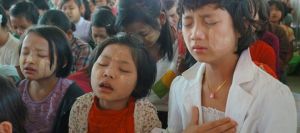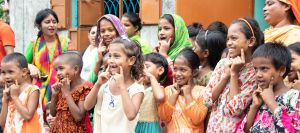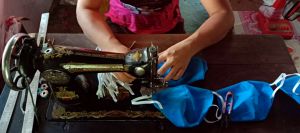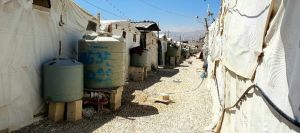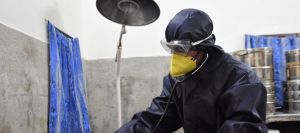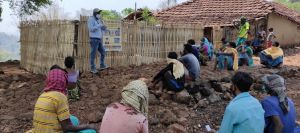
The Invisible Victims of COVID-19 In India
When people in Hong Kong think of the pandemic, several terms come to mind: the safety of vaccines, the economic downturn, restricted gatherings and travel bubbles. To religious people, there are the added “religious gatherings”. Such events are undoubtedly the concerns of many of us in Hong Kong. However, for the poor living overseas, their main concern is not contracting the virus, but surviving. The safety of vaccines and travel restrictions are the least of their concerns. Take India as an example. In late April, tens of thousands of confirmed COVID-19 cases were reported daily. The number even rose to more than 400,000 confirmed cases in a day. News reports show civilians crying out in anguish in the


